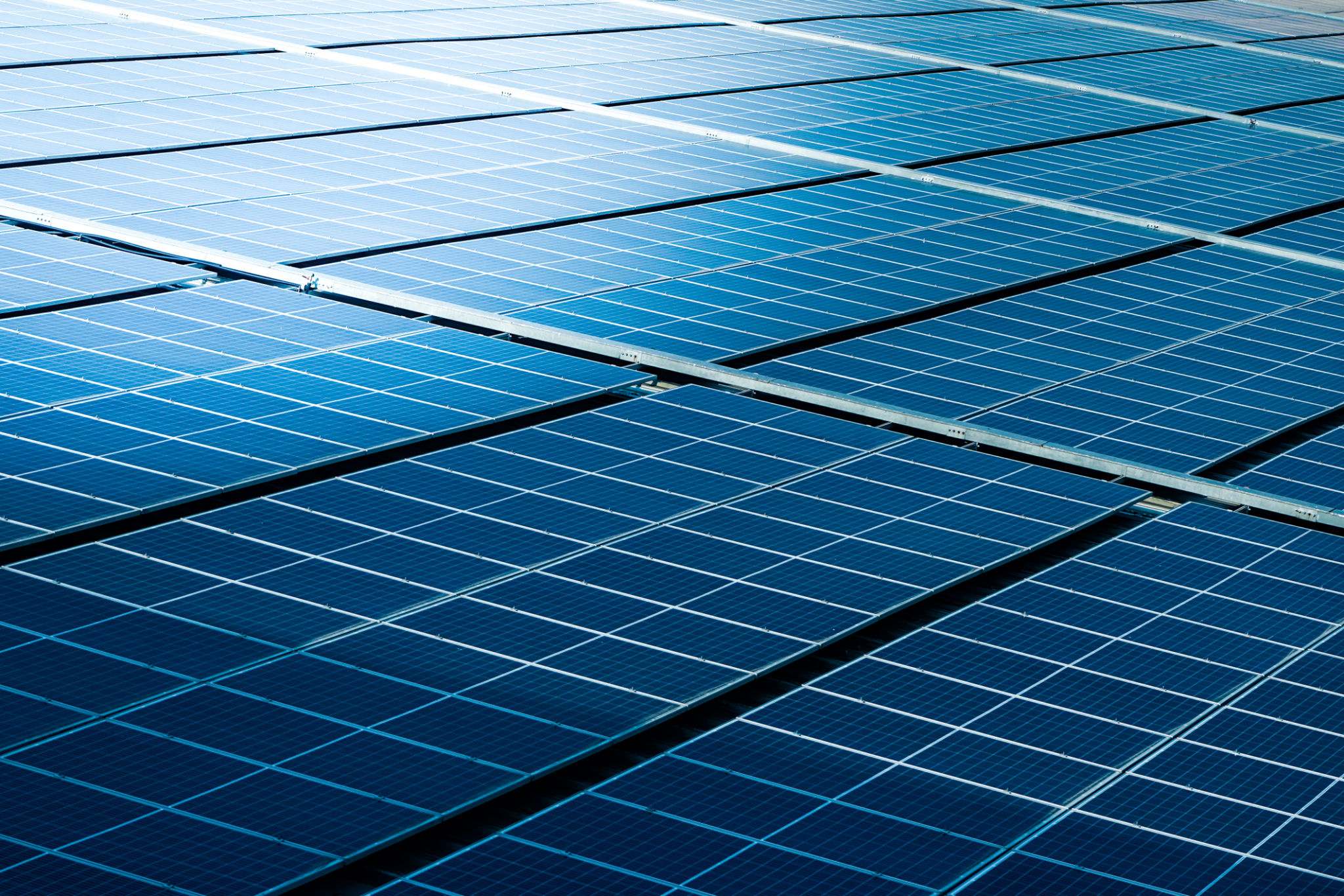Eco-Friendly Living: Benefits of Prefabricated Houses in Urban Areas
Introduction to Prefabricated Houses
In recent years, the concept of eco-friendly living has gained significant traction, especially in urban areas where space and resources are limited. Prefabricated houses, often referred to as prefab homes, have emerged as a sustainable solution. These homes are manufactured off-site and then assembled on location, offering numerous environmental and practical benefits.
Prefabricated houses are not just a temporary trend; they represent a shift towards more sustainable living. As cities grow and environmental concerns increase, prefab homes offer a viable path to balance development with ecological responsibility.

Environmental Benefits of Prefabricated Houses
One of the main advantages of prefabricated houses is their reduced environmental impact. The construction process is highly efficient, leading to less waste and energy consumption. Materials are often recycled or sustainably sourced, further minimizing the carbon footprint.
Additionally, the manufacturing process of prefab homes is better controlled than traditional construction, resulting in fewer emissions and pollutants. This efficiency not only benefits the environment but also reduces costs for homeowners.

Energy Efficiency
Prefabricated homes are designed with energy efficiency in mind. Many come equipped with modern insulation, energy-efficient windows, and smart home technologies. These features help to maintain optimal temperatures, reducing the need for excessive heating or cooling.
By incorporating renewable energy sources such as solar panels, prefab homes can further reduce reliance on fossil fuels. This transition to green energy contributes significantly to lowering overall household emissions.

Economic Advantages
Besides their environmental benefits, prefabricated houses offer substantial economic advantages. The controlled manufacturing process can reduce construction time by up to 50%, leading to lower labor costs and faster occupancy.
Furthermore, the precision of prefab construction often results in fewer structural issues and lower maintenance costs over time. These factors make prefab homes an attractive option for urban dwellers looking for affordable, sustainable housing.
Flexibility and Customization
Another appealing aspect of prefabricated houses is their flexibility. Homeowners can customize designs to fit their specific needs and preferences, allowing for a personalized living space without the traditional constraints of urban housing.
The modular nature of prefab homes also allows for easy expansion, making it simple to adapt to changing family dynamics or lifestyle needs.

Conclusion
As urban areas continue to expand, the need for sustainable housing solutions becomes more pressing. Prefabricated houses offer a compelling blend of environmental, economic, and practical benefits, making them an ideal choice for eco-conscious city dwellers.
By embracing this innovative housing solution, individuals can contribute to a healthier planet while enjoying the comforts of a modern, efficient home.
